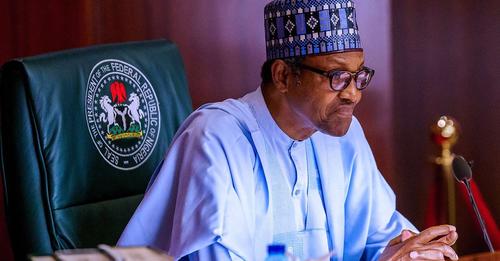Headlines
Up to N46.25 trillion, Nigeria’s public debt

According to the Debt Management Office, the total public debt stock was N46.25 trillion (or USD103.11 billion) as of December 31, 2022.
As of December 2022, Nigeria’s total public debt stock climbed to N46.25 trillion, or $103.11 billion, according to information released on Thursday by the Debt Management Office (DMO).
The DMO claims that the federal government’s and the subnational governments’ entire domestic and external debt stocks make up the new amount (36 state governments and the Federal Capital Territory).
As of December 31, 2021, the national debt was estimated by the DMO to be N39.56 trillion, or $95.77 billion.
As a result, the nation’s debt rose by N6.69 trillion ($7.34 billion) in a single year.
“As of December 31, 2022, the Total Public Debt Stock was N46.25 trillion or USD103.11 billion,” the DMO statement said in part.
“Overall domestic debt stock was N27.55 trillion (USD 61.42 billion) while total external debt stock was N18.70 trillion in terms of composition (USD 41.69 billion).
READ ALSO: 24 hours after Ayu resigns, PDP reinstates Anyim and Fayose
“New borrowing by the FGN and sub-national governments, mostly to pay budget deficits and carry out projects, was one of the reasons for the growth in the overall public debt stock. The FGN’s issue of promissory notes to satisfy some liabilities also helped the debt stock increase.
Debt sustainability is anticipated to be supported by ongoing government attempts to boost revenue from oil and non-oil sources through programmes like the Finance Acts and the Strategic Revenue Mobilization Plan.
“The overall public debt to GDP ratio for December 31, 2022, was 23.20 percent, which represents a modest rise from the previous year’s number of 22.47 percent.
The ratio of 23.20% “is within the 40% restriction that Nigeria self-imposed, the 55 percent limit that the World Bank/International Monetary Fund proposed, and the 70% limit that the Economic Community of West African States suggested.”
